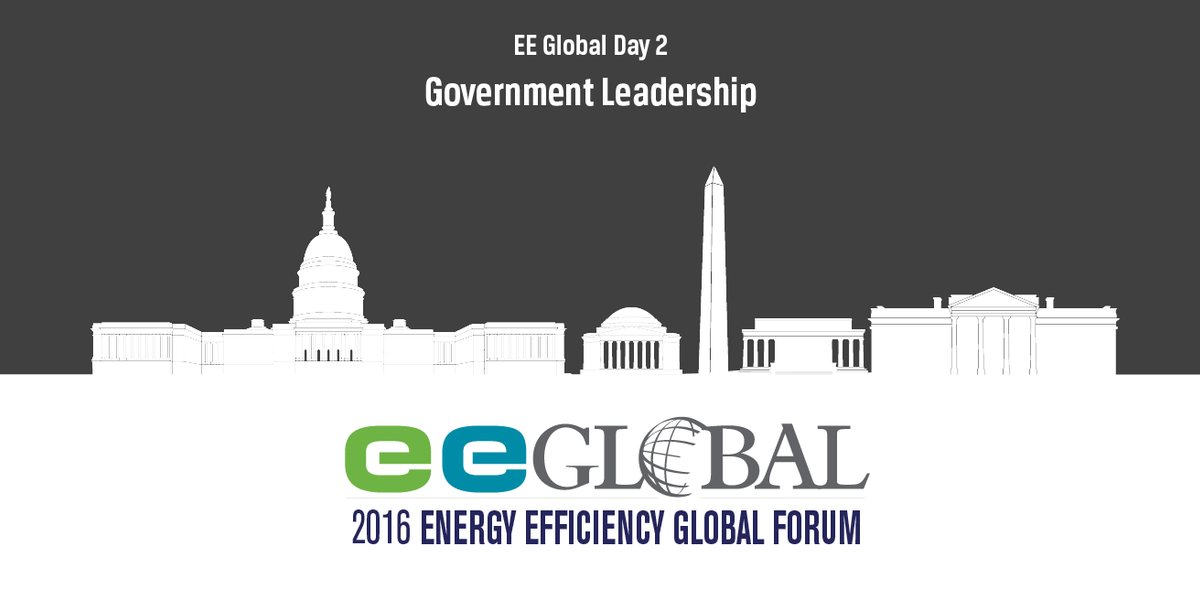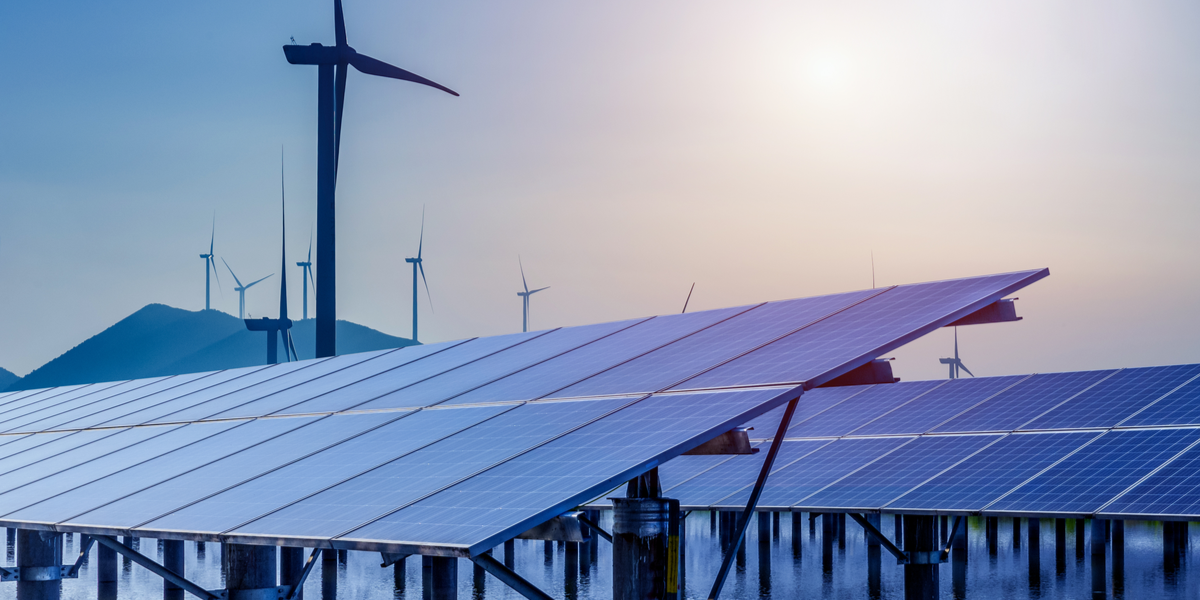Executive Dialogues - Government Leadership - Day 2
Let's Save Energy
Alliance to Save Energy's Blog
Executive Dialogues - Government Leadership - Day 2

Check out today's EE Global Forum highlights for the Government Leadership executive dialogue sessions:
- 3B |Subnational governments: How are they serving as living policy laboratories?
In the U.S. and other countries, energy-efficiency policy is shaped in innumerable ways by activities undertaken by subnational governments city-level and above. Importantly, transmission of policy ideas can occur both top-down and bottom-up between national and subnational governments. In fact, some Alliance federal policy priorities, such as a national energy efficiency resource standard, are based directly on initiatives first taken by states. Others important policies, like building energy codes, are defined at the national level and then implemented by state and local governments. Furthermore, major efforts in new program design are currently underway in utility regulations, financing, and customer outreach.
A probable explanation for subnational energy efficiency policy influence and innovation is the proximity of subnational governments—especially cities—to consumers. “Energy efficiency is very local,” explained panelist Odon de Buen, Director General of the Comision Nacional Para el Uso Eficiente de la Energia (CONUEE). Benefits of energy efficiency are realized by homeowners, businesses, and other end-users, who then provide positive feedback that subnational governments are first to hear.
Panelists also discussed the importance of measuring quality data and targeting energy efficiency to hit particular targets, including economic development, cost savings and greenhouse gas reductions. Dr. Francis Slakey with the Georgetown University Prize, noted a particular instance in Chattanooga, Tennessee in which energy efficiency was used in order to promote economic development. Mr. de Buen discussed the importance of energy efficiency in cost-saving efforts, including lighting improvements to help local governments control utility costs. And Eric Mackres with World Resources Institute and Sam Ricketts, who represents Washington Gov. Jay Inslee in D.C., touched upon the need for energy efficiency deployment at the subnational level to meet national and international sustainability goals.
- 4B | Doubling energy productivity: How are private sector commitments and best practices advancing global energy productivity policies?
Moderated by ClimateWorks Foundation Director of Energy Efficiency, Dan Hamza-Goodacre, a knowledgeable group of panelists gathered to discuss doubling energy productivity, focusing on how private sector commitments and best practices are advancing global energy productivity policies. The panelists from The Climate Group, Mahindra & Mahindra, Johnson Controls, Covestro and Energy Unlocked represented a range of organizations working in support of improved energy productivity. Mahindra & Mahindra, Johnson Controls and Covestro have all committed to doubling their energy productivity within 25 years as part of the newly-launched EP100 program. Company representatives discussed the practices already in place, and those that will be put in place to achieve these goals. These best practices were wide ranging, and included prioritization of innovation, careful plant management, “energy hunts” and solid waste management, all of which promise meaningful improvements in energy productivity, lowered business risk and higher profitability.
STAY EMPOWERED
Help the Alliance advocate for policies to use energy more efficiently – supporting job creation, reduced emissions, and lower costs. Contact your member of Congress.
Energy efficiency is smart, nonpartisan, and practical. So are we. Our strength comes from an unparalleled group of Alliance Associates working collaboratively under the Alliance umbrella to pave the way for energy efficiency gains.
The power of efficiency is in your hands. Supporting the Alliance means supporting a vision for using energy more productively to achieve economic growth, a cleaner environment, and greater energy security, affordability, and reliability.



